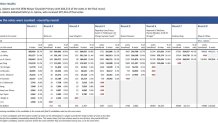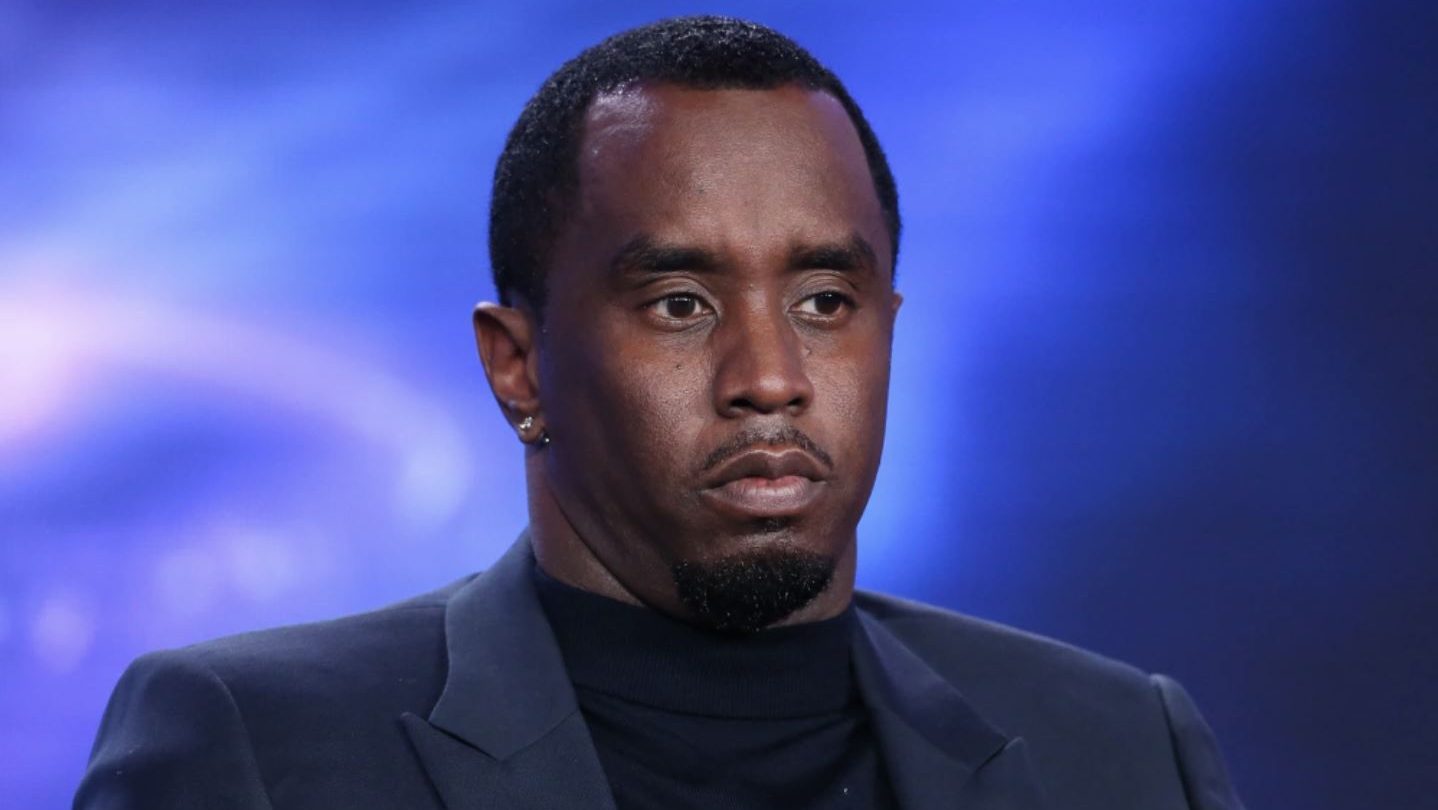Voting in the primary in New York City is in the rearview with official results expected later this week. NBC New York’s Melissa Russo reports.
The New York City Board of Elections on Tuesday announced certified results for the June 22 primary, and after all absentee ballots had been counted, Eric Adams was officially declared the winner.
In the finalized results, Adams won in round eight with 404,513 votes, or 50.4 percent. That was enough to beat Kathryn Garcia, who had 397,316 total votes in the final round. Garcia conceded weeks ago after the vast majority of the absentee ballots were counted.
"This is an historic moment for the working people of New York — and I am so proud of our campaign and what it has accomplished," Adams said in a statement Tuesday. "Now we must build on this movement to carry our campaign forward through the general election and on to City Hall so that we can deliver for everyday New Yorkers."
Watch NBC 4 free wherever you are
The rest of the Democratic primary results held up as expected, with Maya Wiley falling 12,000 votes shy of Garcia in round seven. All other candidates were eliminated in previous rounds.

Get Tri-state area news delivered to your inbox with NBC New York's News Headlines newsletter.
In other races, Alvin Bragg was declared the winner of the Democratic primary race for district attorney. If he wins the general election in November, which it is widely expected he will, Bragg would become Manhattan’s first Black district attorney.
Bragg, a former top deputy to New York’s attorney general, had been considered the presumptive winner of the primary since earlier this month when his closest opponent conceded, but without the information from the elections board, The Associated Press was unable to call the race.
Local
A former federal prosecutor who now teaches at New York Law School, Bragg worked as a civil rights lawyer before entering government service. As district attorney, he would take over an investigation of former President Donald Trump and his company that the office has been conducting.
In heavily Democratic Manhattan, Bragg is widely expected to win the general election in November against Republican Thomas Kenniff, a defense attorney, former prosecutor and Army Judge Advocate General.
There were only two city races that have not been determined, both for city council. Those races (District 9 in Brooklyn, and District 50 on Staten Island) will have a manual recount.
With nearly all of the primary races now over, focus becomes about the city's first ranked choice election and how the process went down for voters.
Adams, Garcia and third-runner up Maya Wiley have all filed lawsuits seeking the right to do so after election officials made an error in their first tally. The BOE mistakenly included 135,000 test ballots that were never cleared from the computer system, and that was just one reason why critics are questioning the use of ranked-choice voting.
New York State Assembly lawmakers held a hearing Monday to discuss the challenges of the new voting system as critics say efforts to educate communities of color in multiple languages about ranked choice fell short.
BOE officials were not in attendance and a spokesperson said they didn't have time to prepare for the meeting.
"This short notice did not leave us adequate time to draft testimony. Staff is preparing to certify the election on Tuesday and commence manual hand counts in two council districts. We will provide written testimony after certification," the spokesperson for the BOE said in a statement.
Kirsten John Foy, the Northeast Regional Director of the National Action Network, said at the meeting that the system is a "nefarious" and "intentional" plan to dilute the votes of Black voters.
An exit poll by Common Cause/NY and Rank the Vote NYC, an organization founded in 2019 to bring Ranked Choice Voting to New York City, released in July found that 95% of voters found their ballot simple to complete and that 77% of New Yorkers want Ranked Choice Voting in future local elections.
The poll also found that 83% of voters ranked at least two candidates on their ballots in the mayoral primary. With 42% of voters ranking all five candidates, there wasn't a large disparity between the demographics as 43% of black voters, 40% of Hispanic voters and 45% of white voters filling all the available ranked choices.
Crystal Hudson, the Democratic nominee for New York City Council, District 35, voiced her support for ranked choice on Monday, saying in an op-ed for the New York Daily News that the new system has "historically resulted in more wins for women and candidates of color."
"Our victories represent our broad-based coalitions across our diverse constituencies, but also the power that ranked-choice voting gives to the people. All of that should be here to stay," Hudson said in a tweet.



